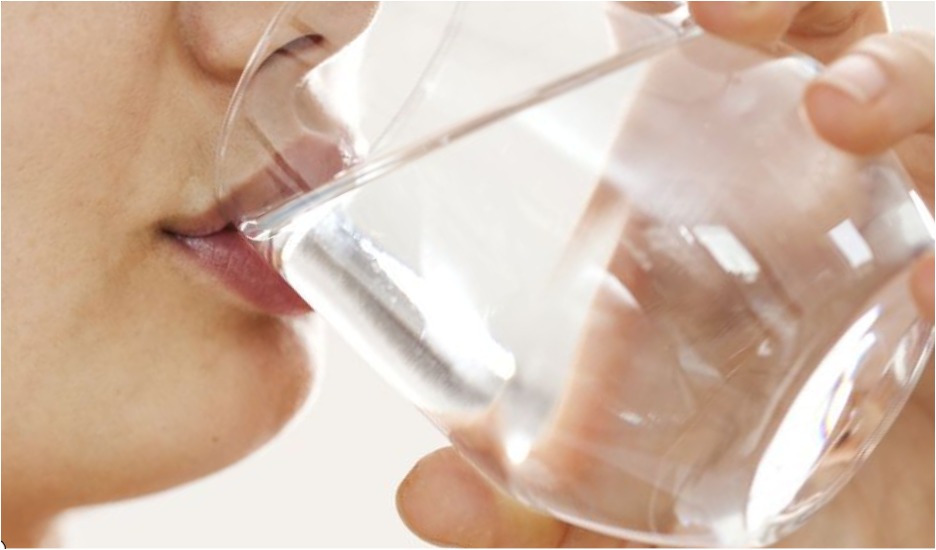
Adequate hydration is crucial for supporting optimal organ function and overall health. Water is a fundamental component of cells and plays a vital role in various physiological processes throughout the body. Here’s how water supports the function of essential organs:
- Heart Function: The heart is a muscular organ that pumps blood throughout the body. Sufficient hydration helps maintain an adequate blood volume, making it easier for the heart to pump blood efficiently. Proper hydration also supports normal blood pressure levels, reducing the risk of cardiovascular issues.
- Brain Function: The brain is made up of about 73% water, and it relies on proper hydration to maintain cognitive function and mental clarity. Water helps deliver essential nutrients and oxygen to the brain, supporting optimal brain performance and focus.
- Kidney Function: The kidneys play a crucial role in filtering waste products and toxins from the bloodstream, which are then excreted as urine. Drinking enough water helps maintain the volume of urine and supports kidney function in flushing out waste materials effectively.
- Liver Function: The liver is involved in numerous metabolic processes, including detoxification and the breakdown of nutrients. Adequate hydration ensures that the liver can carry out its functions efficiently and maintain overall metabolic balance.
- Lung Function: Water is essential for maintaining the moist environment in the lungs, allowing for efficient gas exchange during breathing. Proper hydration helps prevent respiratory issues and supports lung health.
- Digestive Function: Water is critical for the digestion and absorption of nutrients in the digestive tract. It helps break down food, supports the movement of food through the intestines, and aids in the elimination of waste products.
- Joint Function: Proper hydration is essential for joint health and function. Water helps lubricate the joints and cushions them during movement, reducing friction and supporting comfortable mobility.
- Skin Health: Water plays a vital role in maintaining skin health and hydration. Well-hydrated skin appears plump, smooth, and youthful, while dehydration can lead to dryness and a dull complexion.
- Temperature Regulation: Adequate hydration helps regulate body temperature through sweating. Sweating is the body’s natural cooling mechanism, and water is necessary for this process to work effectively.
To support organ function and overall health, make a habit of drinking enough water throughout the day. The general recommendation is to consume about 8 cups (2 liters) of water daily, but individual needs may vary based on factors such as age, activity level, climate, and overall health.
Listen to your body’s thirst signals and drink water when you feel thirsty. You can also monitor your hydration by checking the color of your urine; pale yellow or straw-colored urine typically indicates good hydration.
In summary, adequate hydration is essential for supporting optimal organ function, maintaining overall health, and promoting well-being. By staying properly hydrated, you can ensure that your organs can perform their functions effectively and efficiently.
